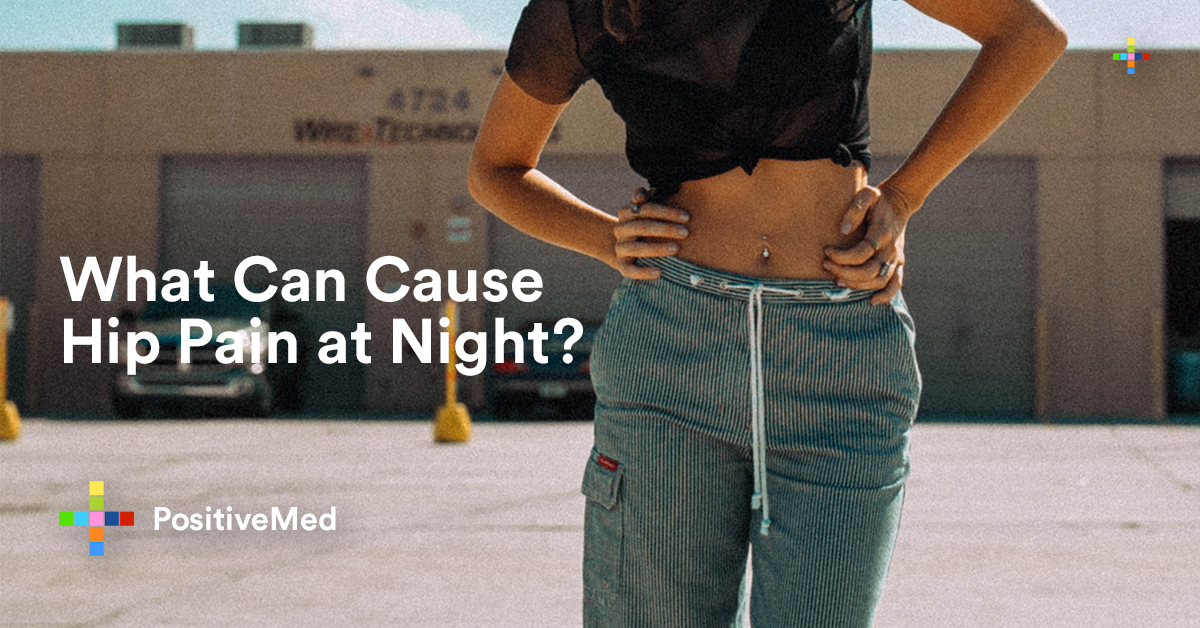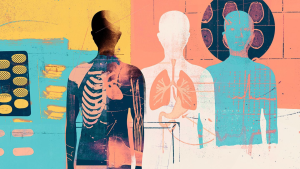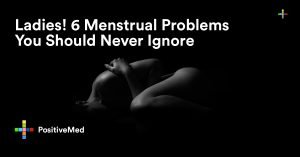Hip pain at night may make it almost impossible for you to fall asleep. This pain can come suddenly and other times it may develop gradually.
It is more common in women than men and most prevalent in women who are aged between 40 and 60 years. It is typically caused by overuse or injury, but there are other causes.

Which are the common causes of hip pain at night?
The hip pain at night may be caused by various different conditions which affect the hip joint, surrounding tissue, or connected muscles.
Here are some of the common causes of hip pain at night:
Tendinopathy
This is a disease of the tendons. Inflammation or break down of the tendons in the hip may occur due to overloading or compression. This can result to pain at night.
Bursitis
The bursae sacs get inflamed, causing pain from the hip, spreading down to the thigh. The pain is sharp and intense which worsens at night.
Osteoarthritis
Osteoarthritis occurs as a result of ‘wear and tear’ of the cartilage tissue that surrounds the bones at the end. It is common in those who are aged.
The wearing away of the cartilage at the hip, causes the bones to rub against each other leading to inflammation and pain.
Greater trochanteric pain syndrome
When the gluteal muscles around the buttocks are not strong enough, may make the front of the hip to overreact so as to support the rest of the joint. This squeezes the hip and pelvis causing pain at the hip called greater trochanteric pain syndrome.
Exercise-related causes
Vigorous exercises such as dancing, soccer, and running has been found to increase the risk of hip pain.
Other causes
The following are some of the other factors that may cause hip pain at night:

Age
Injury or accident
Obesity and overweight
Pain from the back, pelvis, or knee
Treatment
You are in a position to treat the hip pain at night by changing sleep routines besides other changes in lifestyle.
Here are some of the hip pain management options that may help you at night:
Exercise
Strengthen the hip, gluteal muscles, thighs, and pelvis with exercises which moves these areas from one side to another.
Avoid the exercise and activities that aggravates the tendons and hips such as hill walking and running.
Go for lower impact activities such as cycling and swimming, instead of vigorous exercises.
When exercising, always warm up and then cool down well.
Sleep
Regular changing of sleeping position may help to stop hip pain. You can try the following:
Lie flat on your back. This will avoid much compression between your hips.
When you are lying on one side, place the pillow between the legs to keep the legs parallel and support the pelvis, hips, and spine.
Consider changing your mattress to improve support and to evenly distribute your weight to reduce pressure on hips.
Lifestyle changes
Avoid sitting with your legs crossed
Maintain a healthy weight
Do not stand with weight on one hip as it is pushed to the other side
Pain management
You can control and relieve hip pain in these ways:
Take over-the-counter drugs such as naproxen, aspirin, or ibuprofen to control inflammation and reduce pain.
Apply ice to your hip after exercise to prevent swelling and pain.
Use a hot water bottle or heat pad on the area affected after a few days.
Have a corticosteroid injection to provide a temporary relief, although it may not address the cause of the pain.
Have some massage to relax the muscles in the hips.
Outlook
In some cases, the hip pain at night is unavoidable and a part of aging.
Exercising in moderation with the suitable footwear and having a healthy weight can help to protect your joints and bones. If you do these two things, you prevent hip pain at night from worsening.
If the pain persists, you should see your doctor for alternative remedies.
Edited by: Jessa (Feb. 19, 2019)






